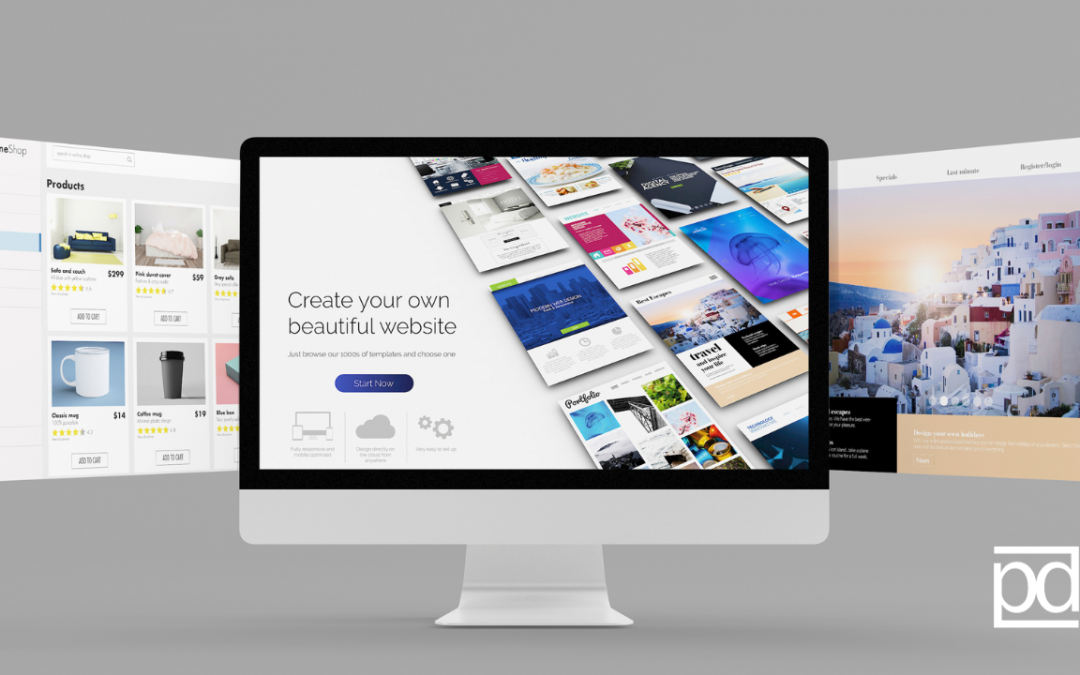Picking a proper Content Management System (CMS) may be difficult as there are so many options available and so many things to consider as well. So let’s dive in!
What is a Content Management System (CMS)?
A CMS primarily needs to help you manage content and media for a website, but it should also provide added value in low monthly costs, search engine optimization (SEO) tools and customization options.
What should you consider when selecting a CMS for your business?
There are so many different ways to assess a CMS for your business. Some important considerations are as follows:
-
Customization:
Visitors expect personalized experiences. The importance of customization options lies in their ability to empower businesses in tailoring the CMS to their specific requirements. Through these options, businesses have the capability to adapt the CMS’s design, features, and user experience to align with their brand identity and operational objectives.
-
Ease of use:
Your CMS is only as good as your ability to use it. Make sure that the interface is intuitive. The point of CMS is to make the process of building, editing, and managing a website easier. The ease of use for non-technical users is just as important as for the end-user experience – it not only boosts productivity but also efficiency. Some CMS even have intuitive drag and drop functionality making it easy for anyone without a developer background to make changes.
-
Scalability / Adaptability:
One of the reasons to regularly update your website is to get more business, this means that your CMS should be capable of accommodating more users and tasks. Scalability also gives you flexibility.
Popular CMS Platforms
Now that we know what to consider, let’s go through some of the most popular options.
WordPress
WordPress, arguably the world’s most popular CMS software. It powers around 43% of all websites on the internet. It’s a staple when talking about CMS software. WordPress is an open-source software that offers a lot of functionality. On the flipside, that does mean it is more technical and is great for experienced developers which means it may require more coding knowledge or development help. There are several pre-built options still available along with plugins for almost everything.
WiX
WiX has experienced incredible growth over the past few years, with about 3.7% of all websites using it as the CMS. So what is it about WiX? It’s a more affordable, easy to edit option for users. There are drag and drop builders available making customization simple and quick. Additionally, it automatically optimizes all of the websites for mobile use increasing the user experience without additional thought. WiX however, has less control over security and backend features than other CMS software.
Shopify
Shopify is a name brand for E-commerce websites as it provides a built-in shopping cart as well as payment processing options for users. There is also 24/7 access to support however, there are only a few template options and limited customization available. While Shopify is great for ecommerce it is not built for content, therefore, if you are focused on ecommerce only this is a great option but if you want additional functionality other CMS software may be a better fit.
Squarespace
Squarespace is a robust website construction platform that offers all the essential tools for launching a website. Due to its relatively limited range of available extensions, it is most suitable for creating websites such as portfolios and others that require fundamental functionality. Even though Squarespace imposes limitations within its templates, it remains a highly appealing choice for many organizations. Many small businesses are drawn to this website builder due to its cost-effective plans, which can serve as a viable stepping stone when progressing toward more extensive CMS projects in the future.
Kajabi
Kajabi is an extremely user friendly and easy to navigate CMS that’s perfect for those who want to create and sell online courses. Some of the main features include a drag and drop course builder, several templates and themes, ability to add multimedia content, built-in email marketing tools, a payment gateway to selling courses and even a built-in blog.
Next Steps
We hope this provides you with some additional background of the different CMS options available based on your needs and industry. Need help building a website? Fill out our questionnaire – we’d love to chat and get you started!

